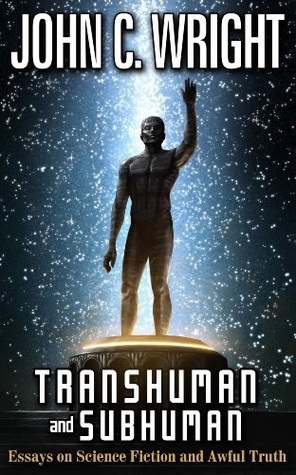What do you think?
Rate this book


369 pages, Kindle Edition
First published May 4, 2014
"Also, a woman who is crude inspires contempt, because she has contempt for God and man. The difference is that a woman who loses her native delicacy and modesty does not become an object of fear and respect, but an object of contempt and loathing, because the aura of sanctity women naturally inspire in men is tossed away."
By ‘non-mainstream’ of course, this reviewer, who is a Morlock of AD 802701, means that the views agree with what all normal Americans, all sober Christians and all faithful Catholics have known, lived and believed for two thousand years, and what all healthy men of ordinary and non-perverse tastes have known, lived and believed since before the dawn of recorded history.
“What is wrong is that modern though is caught in the disease of nihilism, the idea that there is no revelation.”
“Girls who do not like love stories are well advised to learn to like them, because such stories deal with the essential and paramount realities on which much or most of that girl’s happiness in life will hinge.”
“when women dress and speak and act like men, some joy is erased from both sexes”
“Women will go insane and go into despair if asked to compete at a male task on male terms with male rules.”